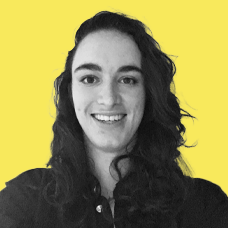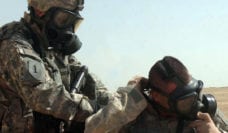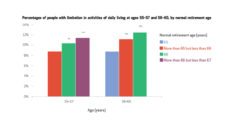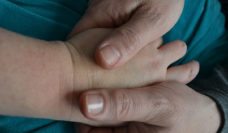A week into first grade, I got sent home from school. Like many Americans I can still see the video playing in my head. The same 20 seconds on repeat. The tallest buildings in the world crumbling like paper. A goliath of iron disappearing into dust. I was too young to understand the weight of what happened then. Twenty years later, one thing is clear: September 11th changed the world.
Albeliz Santiago-Colón also remembers that day in 2001 from the chatter in the school hallway,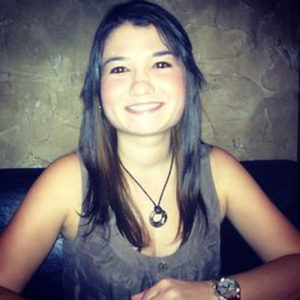 “something has happened in New York.” Today, 9/11 makes up a large portion of Santiago-Colón’s work life as a researcher for the World Trade Center (WTC) Health Program. The Program was established in 2011 on the 9/11 decennial. WTC Health Program is a limited health benefits program that provides medical treatment and monitoring for responders and survivors of the attacks.
“something has happened in New York.” Today, 9/11 makes up a large portion of Santiago-Colón’s work life as a researcher for the World Trade Center (WTC) Health Program. The Program was established in 2011 on the 9/11 decennial. WTC Health Program is a limited health benefits program that provides medical treatment and monitoring for responders and survivors of the attacks.
Santiago-Colón explains, “A WTC responder is a person who was involved in rescue, recovery, cleanup, and any other related support activities on or in the aftermath of the September 11, 2001, attacks for certain amounts of time during the period between September 11, 2001, and July 31, 2002. Among WTC responders, those who responded to the Pentagon and the Shanksville, Pennsylvania area account for less than 1 percent of our members. A WTC survivor is any person who lived, worked, went to school, attended childcare or adult daycare in the New York City disaster area..”
Almost half a million people are estimated to be at risk for health complications from the days, weeks, and months following 9/11. About 112,000 people are currently enrolled in the WTC Health Program. Santiago-Colón and other researchers analyze findings from data collected through Clinical Centers of Excellence in the New York metropolitan area and a Nationwide Provider Network for members who live outside that area. “Our research is what we use to inform clinical care, how screening is done. We use research to make sure that the current standard of care is the best thing that we can provide. Research helps us understand the severity of the disease, the occurrence of disease, and the appearance of emerging conditions.”
Santiago-Colón and colleagues have described the prevalence of different disorders among their population, with respiratory and digestive conditions being the most common, followed by mental health conditions (most notably Post-Traumatic Stress Disorder), and prostate and thyroid cancer. The emphasis on respiratory conditions, mental health, and cancers stem from environmental exposure to carcinogenic dust and debris. There is a higher likelihood of liver cancer, pulmonary fibrosis, and lung disease in responders due to toxic dust exposure. WTC Health Program also monitors at-risk populations for neurodevelopmental impacts and the after-effects of childhood exposure from the disintegration of the twin towers.
When asked about the impacts of WTC Health Program on future disasters and preparedness measures, Santiago-Colón thinks that the program is informing change in care. “We have the largest post-disaster registry in the U.S. Knowing how to set up registries is important because disasters happen very quickly. All of the knowledge that we’ve produced helps us to react more quickly, not only to attending to the disaster, but attending to the people who are responding to that disaster. Our research has helped increase the knowledge on health effects, but also preparedness on these types of events. We can use this knowledge for natural disasters as well.”
The consequences of 9/11 spread beyond responders, survivors, and their families. A few weeks ago, American troops, who arrived soon after the World Trade Center fell, left Afghanistan. September 11th changed the world, and continues to impact lives beyond our borders two decades later.
Top photo via Getty Images, head shot provided by Albeliz Santiago-Colón
Albeliz Santiago-Colón will be presenting as a part of the 9/11. Twenty Years Later. Public Health Conversation on Friday, Sept. 10. Register here to participate.










